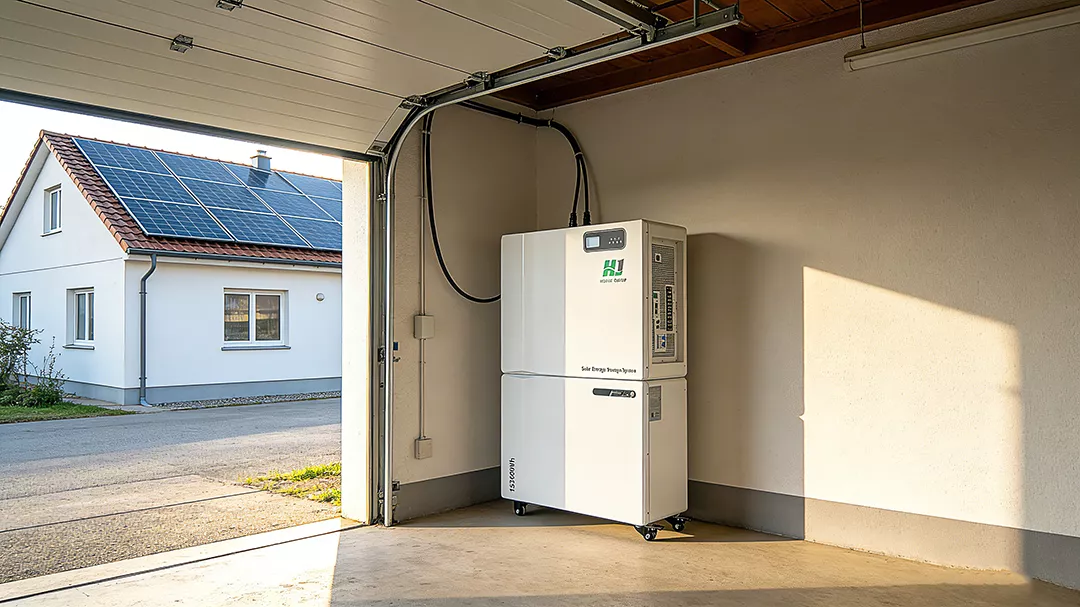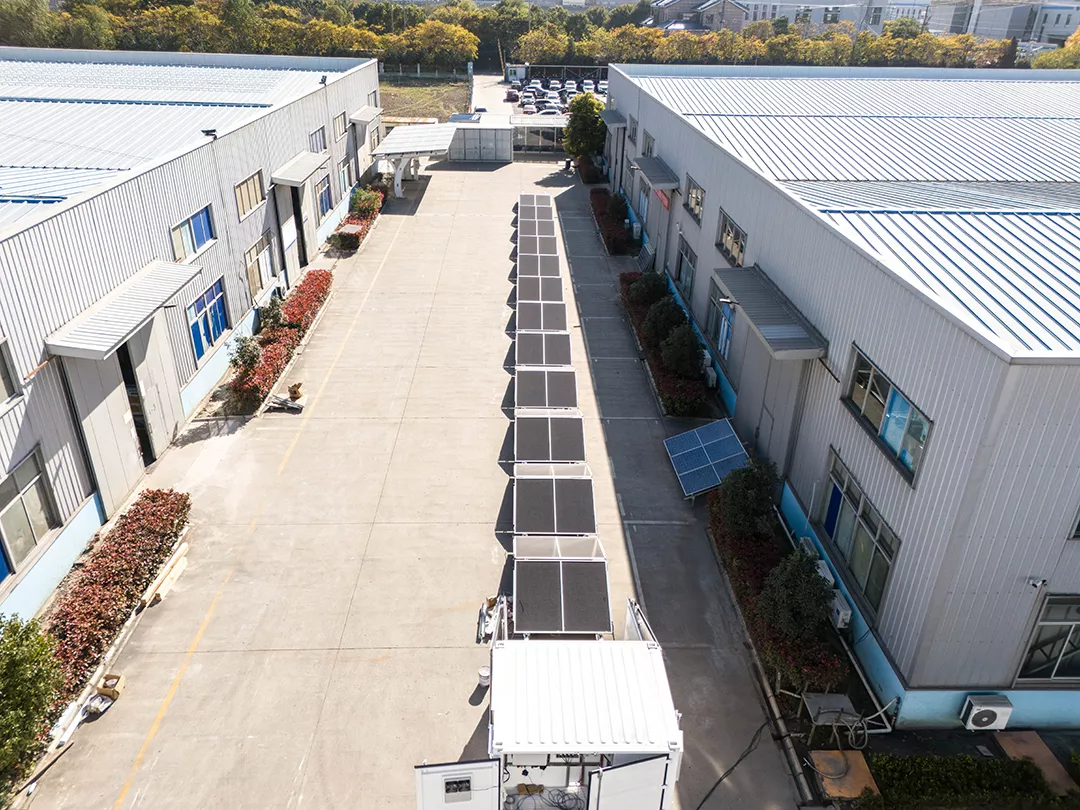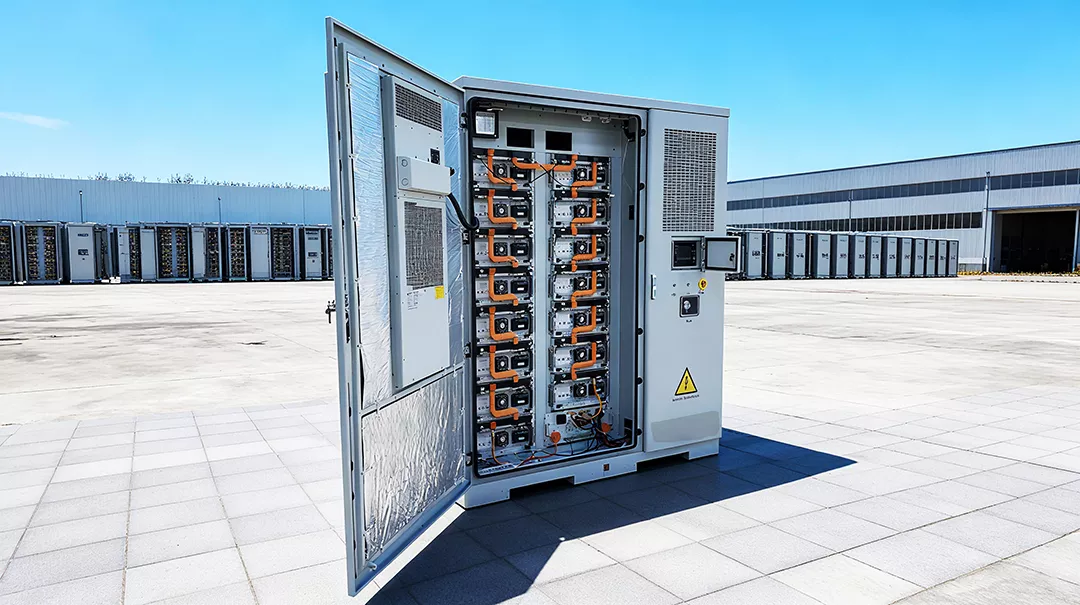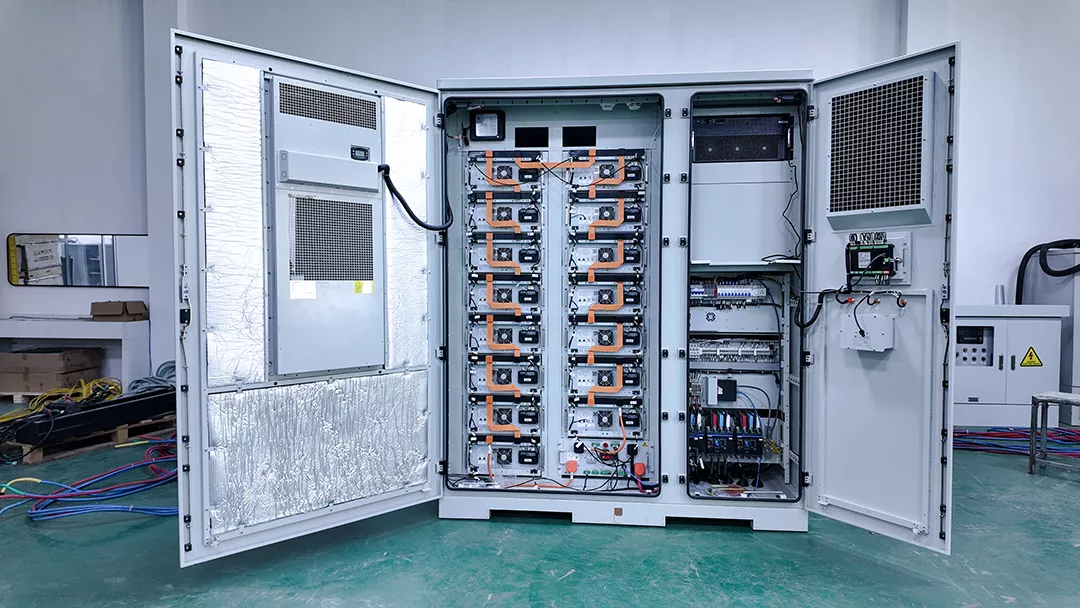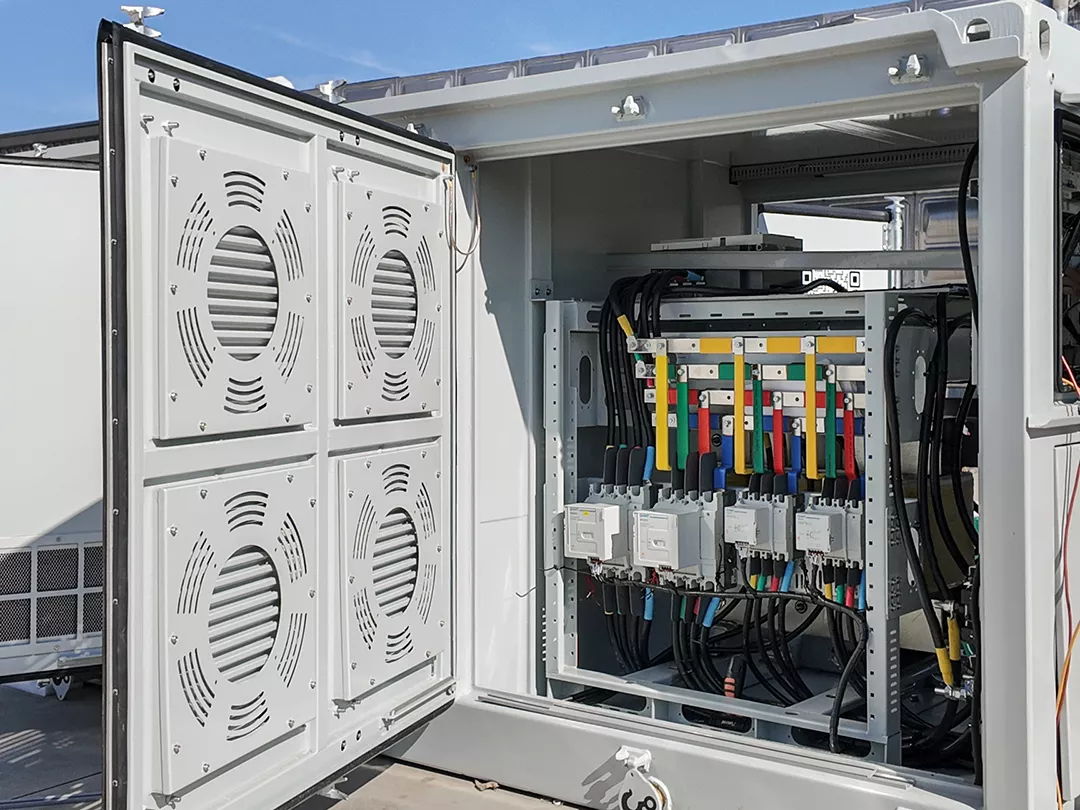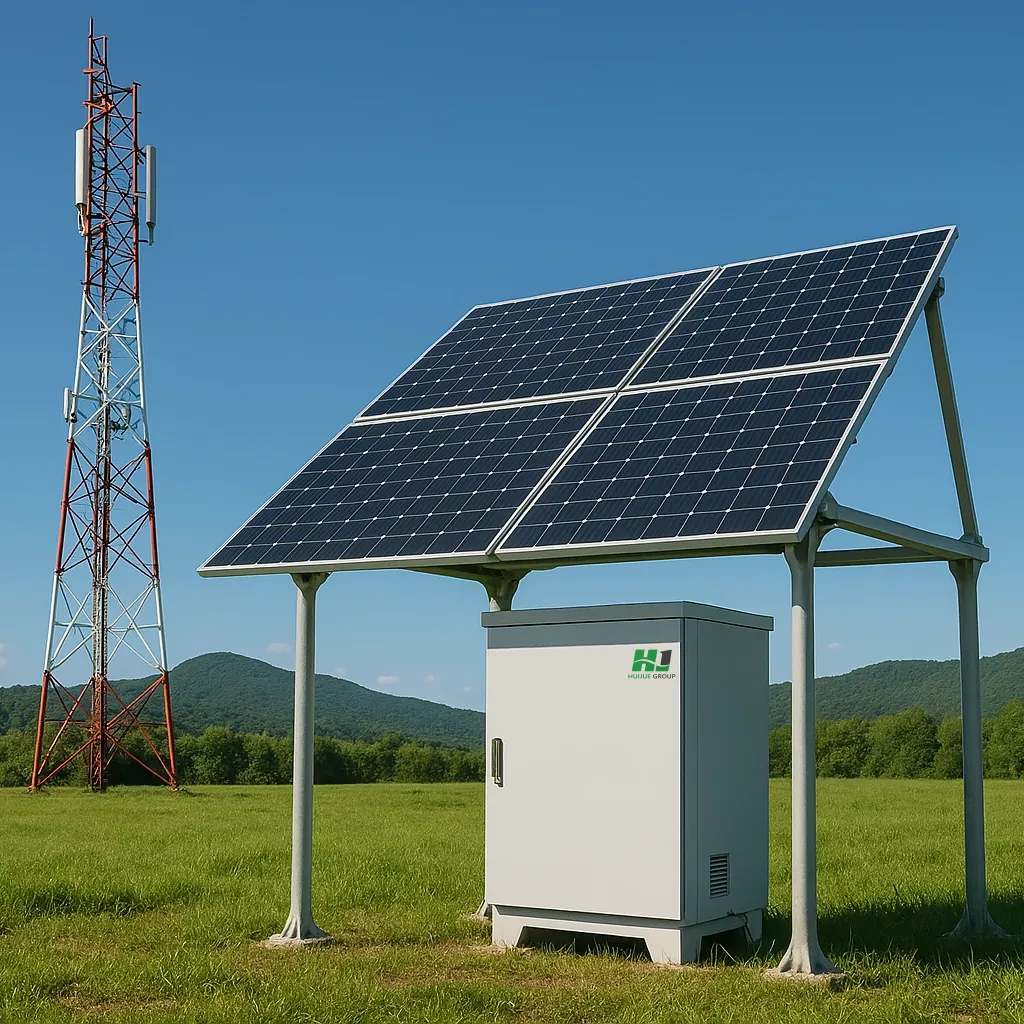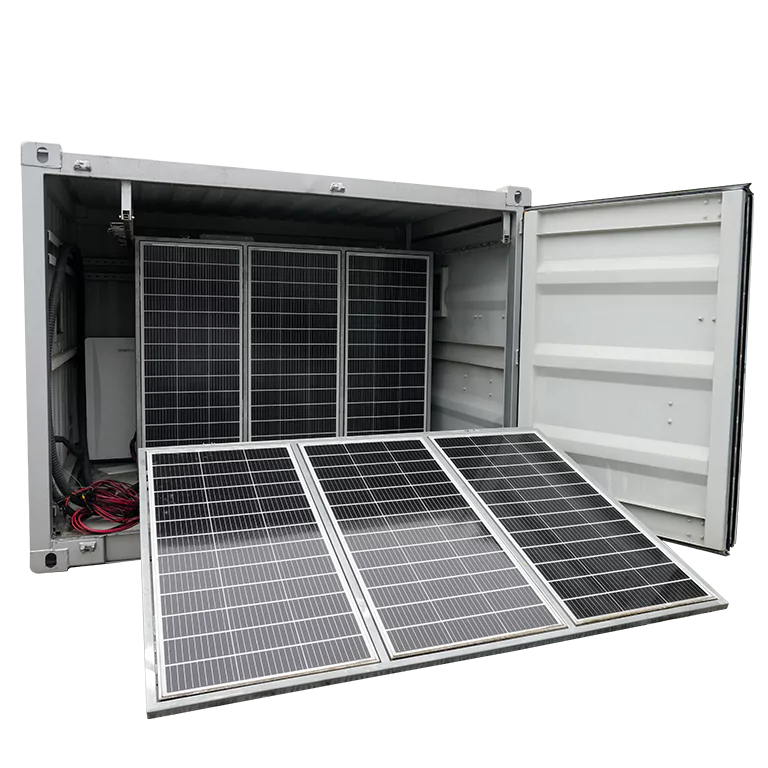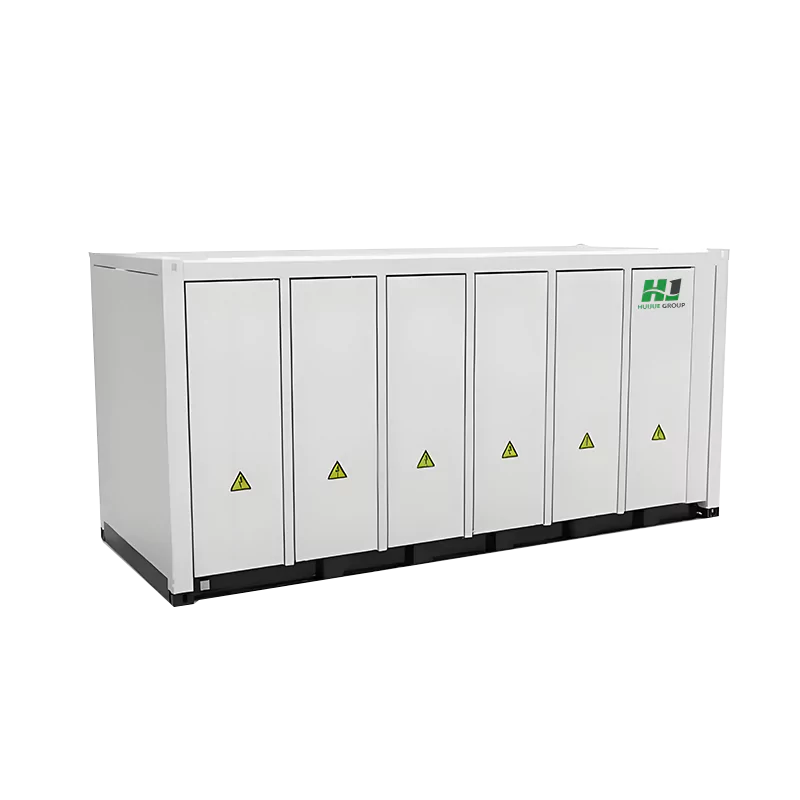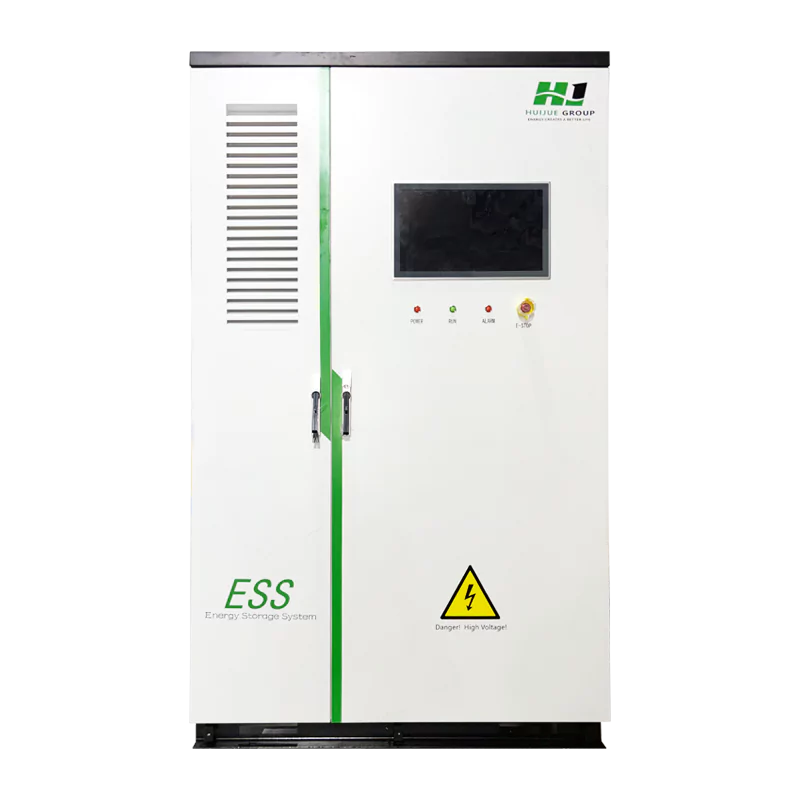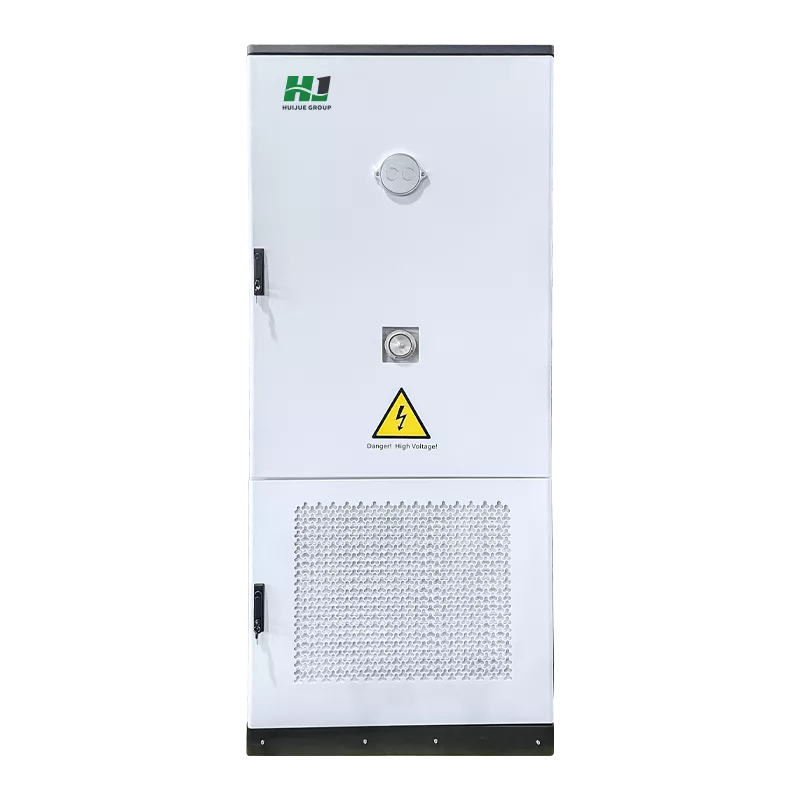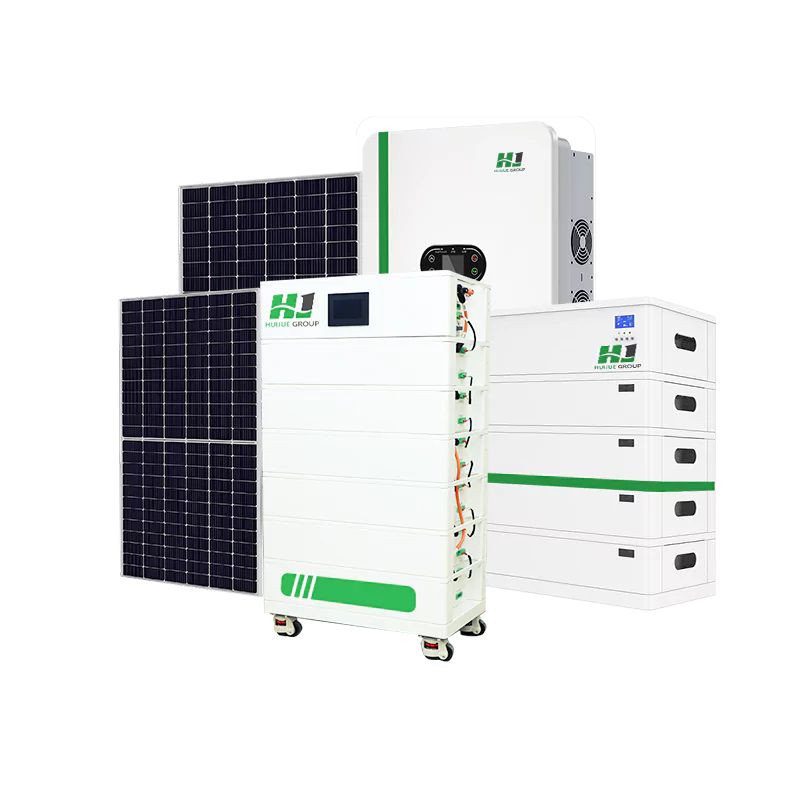When Solid-State Batteries Meet Humanoid Robots, the Energy Storage Industry Enters a Moment of “Intelligent Evolution”
With the leap in battery technology and the continuous iteration of artificial intelligence, we are advancing toward the robot era at an unprecedented pace. UBS Group’s latest forecast indicates that by 2035, the global humanoid robot market could reach $30 billion to $50 billion, potentially expanding to $1.4 trillion to $1.7 trillion by 2050. Behind this grand narrative, battery systems—particularly high-performance energy storage technologies—are emerging as the core driving force behind the commercialization of intelligent robots.
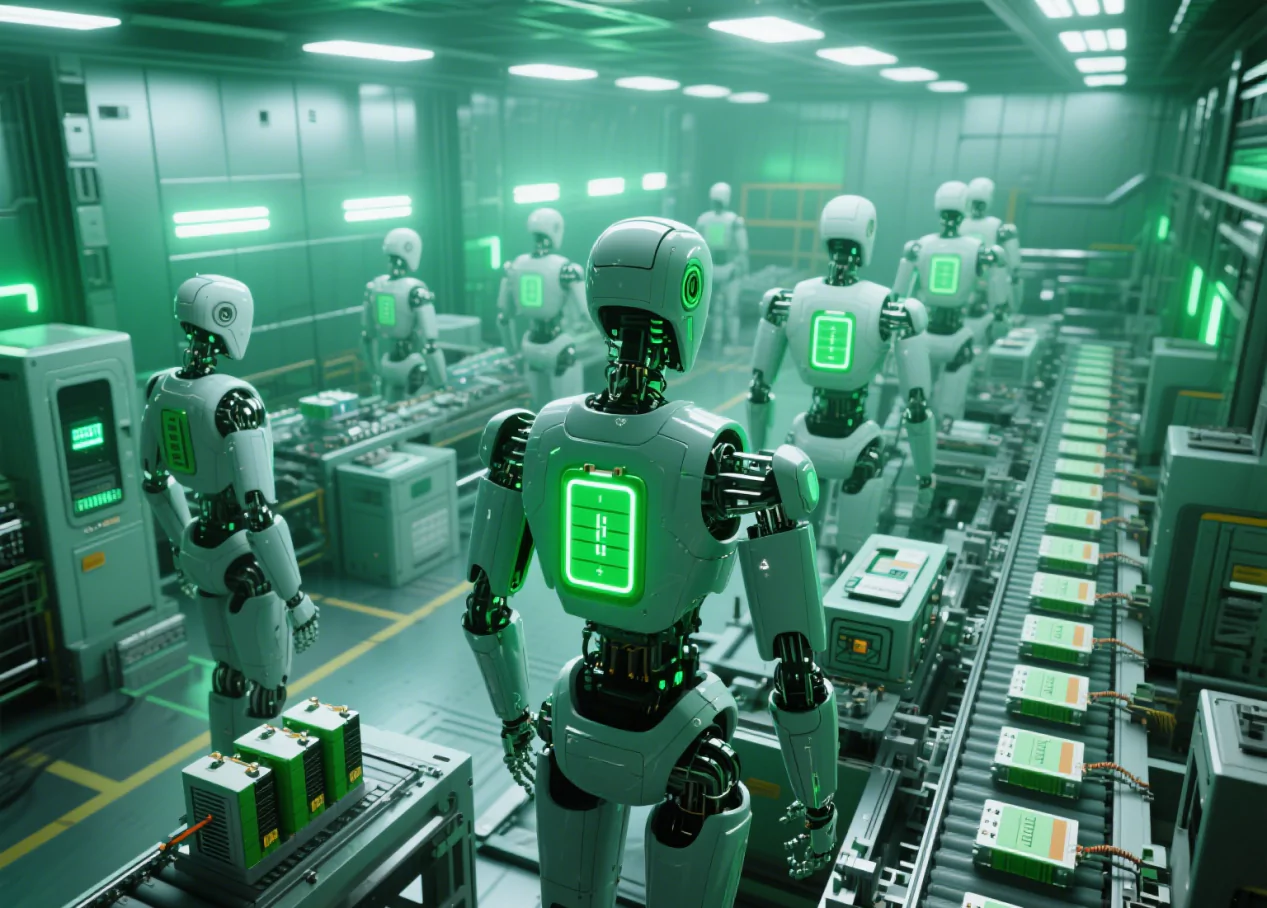
Currently, tech and automotive giants including Tesla, Xiaomi, Li Auto, and GAC are all entering the humanoid robotics arena. Among them, Tesla’s Optimus project stands out, with its third-generation robot expected to debut in 2026. Musk optimistically predicts robots will be widely deployed across daily services, education, caregiving, and commerce, eventually reaching a 5:1 ratio with humans. Such intensive robot deployment imposes stringent demands on battery technology regarding safety, energy density, and endurance.
Traditional lithium batteries struggle to meet the prolonged continuous power requirements of humanoid robots due to technical limitations in energy density, stability, and volumetric efficiency. As a next-generation energy solution, solid-state batteries—with their high energy density (reaching 400-600 Wh/kg), exceptional safety, and extended cycle life—are emerging as the key technological pathway to solve this challenge.
Beyond robotics, solid-state batteries and their derivative energy storage technologies are accelerating penetration into other sectors. Particularly amid the accelerated development of distributed energy and smart grids, market demand for energy storage systems continues to expand. Increasingly, enterprises are turning to storage solutions renowned for safety and high efficiency.
In this wave of industrial transformation, Huijue Technology Group is emerging as a pivotal force in the energy storage equipment sector. Its smart energy storage cabinets not only support flexible configurations and multi-scenario deployments but also integrate advanced battery thermal management, safety warning systems, and intelligent energy dispatch algorithms. These cabinets offer multiple advantages, including high energy efficiency, low losses, modular design, and ease of maintenance. HuiJue’s energy storage products particularly excel in large-scale applications and scenarios demanding stringent safety performance. They find extensive use in new energy power stations, industrial parks, data centers, communication base stations, and smart city energy infrastructure.
Addressing the urgent demand for high-density energy systems in emerging applications like robots, low-altitude aircraft, and service robots, Huijue actively develops customized energy storage solutions through R&D and collaboration, enhancing technical capabilities in intelligence, battery control systems, and energy optimization.
Notably, Huijue Technology Group participates in energy storage infrastructure construction globally, advancing the implementation of a new energy system centered on “renewable energy + storage.” Moving forward, the company will intensify efforts in breakthroughs for core technologies like solid-state batteries, intelligent energy management systems, and modular energy storage platforms, accelerating product adoption in emerging markets.
Batteries are not merely energy carriers; they serve as the energy bridge connecting humanity to the intelligent society of the future. As breakthroughs in solid-state battery and energy storage system technologies continue, those who master the core technologies of energy storage systems will seize the opportunity to lead the next wave of industrial advancement.


 +86 18721624519
+86 18721624519 
